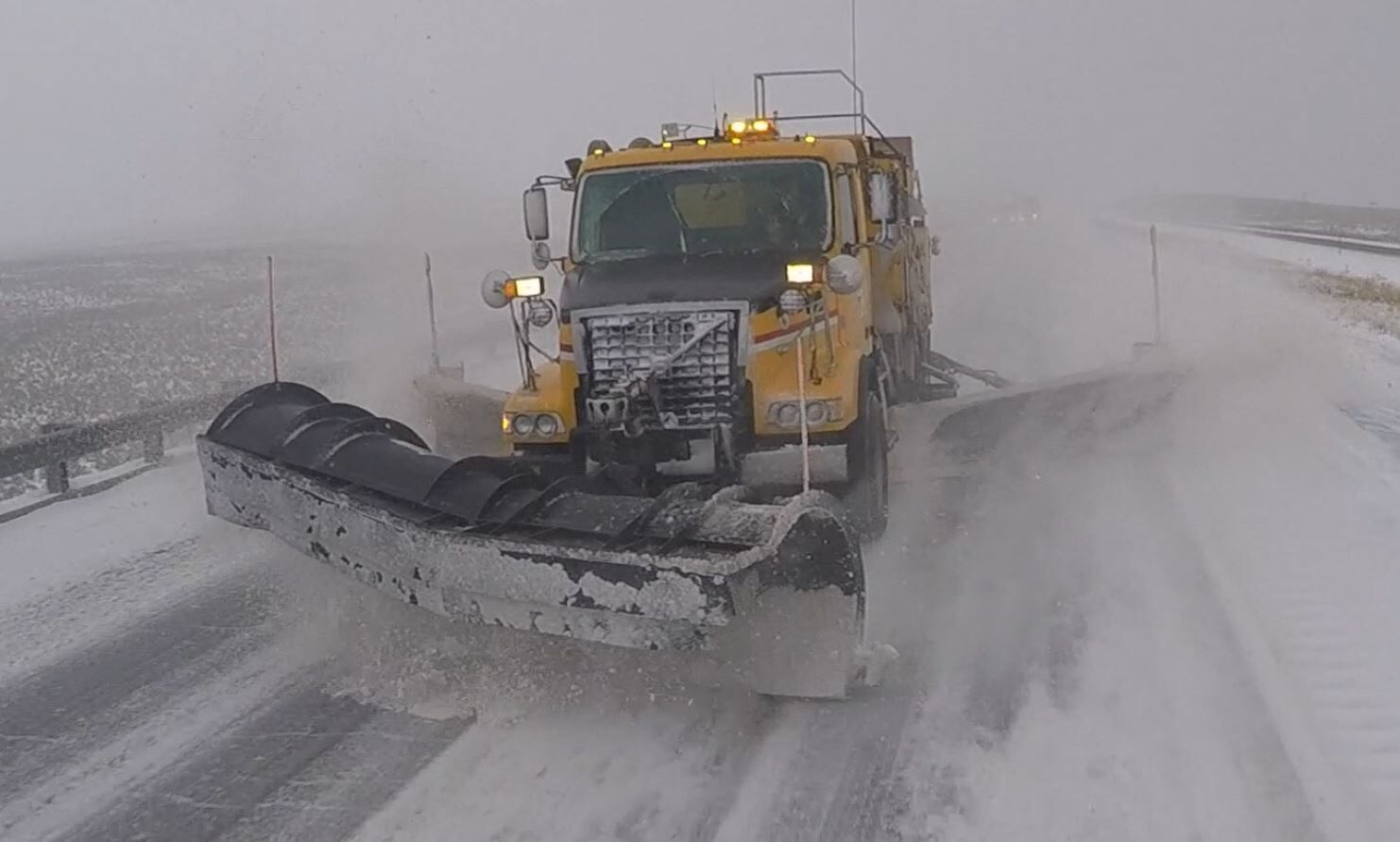State, nation, world business and ag news
Published 4:30 am Thursday, November 12, 2020

- A delivery man passes by an ad for the Nov. 11 Sales Day in Beijing, China on Oct. 28, 2020. Chinese consumers are expected to spend tens of billions on everything from fresh food to luxury goods during this year's Singles' Day online shopping festival, as the country recovers from the coronavirus pandemic.
Group files appeals in Boardman to Hemingway contested case
LA GRANDE — The Stop B2H Coalition and 26 petitioners filed appeals Nov. 6 on Idaho Power’s site application for the Boardman to Hemingway transmission line.
The coalition in a press release Tuesday, Nov. 10, reported the group appealed directly to the Oregon Energy Facility Siting Council to highlight more than “130 separate issues of noncompliance with government laws and regulations” concerning the project to build a 500 kilovolt power line from Boardman to southwestern Idaho.
The group also requested “the same full party status granted to Idaho Power and the removal of limits on specific issues raised in the state’s contested case proceeding” for the project, according to the press release.
Stop B2H member and petitioner Kathy Andrew of La Grande in the press release cited the “massive negative impact to Oregonians on our environment and wildlife from the B2H transmission line” as the reason for the degree and passion of participation in the contested case proceedings.
According to the release, 14 more individual petitioners opposed to the B2H have standing in the case but did not appeal their limited party status.
An administrative law judge on Oct. 29 rejected or limited the party status of all of the 53 original petitioners except Idaho Power and the DOE. The judge also reduced the number of issues to 70. Petitioners then had a week to argue for reinstatement of denied issues and for full party status. The group stated they need that to “provide accountability and oversight in the energy facility siting process, vital to EFSC’s purpose of protecting Oregon’s environment and public safety.”
EFSC will make decisions on the appeals at its Nov. 19-20 meeting remotely over Zoom.
— The Observer
Family of man killed in mill accident files lawsuit
KLAMATH FALLS — The family of a Klamath Falls man who died while working at the Columbia Forest Products mill has filed a wrongful death lawsuit.
The mother of Francis “Frankie” Crispin, Kay Moyette, is suing the mill for nearly $5.5 million after Crispen fell into a vat of scalding, corrosive liquid on Nov. 17, 2017, while repairing an electrical cord. The complaint alleges Columbia failed to install the proper safety equipment that could have prevented Crispen’s death, The Herald and News reported.
The family filed the lawsuit last week in Multnomah County.
An OSHA investigation into his death completed in May 2018 led to $17,500 in fines for Columbia after finding safety violations, including holes in the vat cover and not providing safer access to the area. Columbia has since installed improved guardrails around the vat, according to the OSHA report.
The Associated Press sent an email to the company seeking comment on the lawsuit.
The complaint states Crispen’s family has incurred economic losses of almost $3 million, including from funeral expenses and loss of income, and noneconomic losses totaling $2.5 million.
Crispen was an apprentice electrician and was on his way to taking the test to become a journeyman.
— Associated Press
Groups fight to keep gray wolf protections for most of U.S.
BILLINGS, Mont.— Wildlife advocates and environmental groups have announced that they are challenging the removal of federal protections for gray wolves across most of the U.S.
Two coalitions of groups filed formal notices over the past several days that they plan to sue the U.S. Interior Department in federal court unless protections are restored. The notices are required as a precursor to lawsuits brought under the Endangered Species Act.
The Trump administration recently finalized a decision that ends longstanding federal safeguards for gray wolves in the Lower 48 states except for a small population of Mexican gray wolves in the Southwest.
The move puts states and tribes in charge of overseeing the predators and could allow hunting to resume in Michigan, Minnesota and Wisconsin.
Gray wolves have recovered from near extinction in parts of the country with thousands now roaming the northern Rocky Mountains and western Great Lakes region and growing numbers of the animals in the Pacific Northwest. But they remain absent from much of their historical range and wildlife advocates have said protections still are needed. Colorado wildlife officials say they are planning to reintroduce wolves in the state in coming years under a voter-approved ballot initiative.
— Associated Press









